Precision Current Sensing Resistors: Enabling Accurate Current Measurement
Table of Contents
Introduction
Precision current sensing resistors, often called shunt resistors, are critical components for accurate current measurement in systems ranging from automotive electronics to medical devices. These resistors convert current flow into a measurable voltage drop with minimal energy loss, enabling real-time monitoring and control. Their performance hinges on parameters like tolerance, temperature coefficient of resistance (TCR), and thermal stability, which we explore in detail below.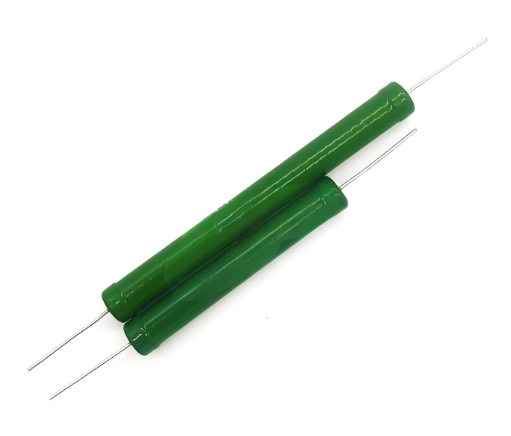
Key Parameters and Performance Metrics
To achieve high-precision current measurement, these resistors must meet stringent specifications. The table below compares two advanced series—MSRPM and MSRSF—highlighting their technical capabilities:
| Series | Size (mm) | Resistance Range | Power Rating | TCR (ppm/°C) | Max Current |
|---|---|---|---|---|---|
| MSRPM 3920 | 1005 (10.0×5.2) | 0.2mΩ–1.0mΩ | 8W–12W | ±100–±150 | 244A |
| MSRSF 5930 | 1507 (15.0×7.75) | 0.2mΩ–1.0mΩ | 9W–15W | ±25–±150 | 273A |
For instance, the MSRPM series achieves a TCR as low as ±100ppm/°C across a wide temperature range (-55°C to +170°C), making it ideal for automotive and precision power supply applications. Its "trimming-free" design minimizes hotspots and current loss.
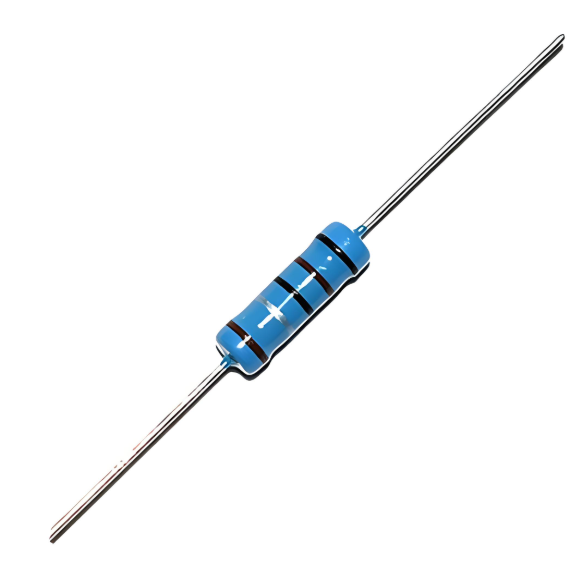
Applications in Modern Electronics
These resistors are indispensable in:
Automotive Electronics: Battery management systems (BMS) rely on low-TCR resistors like MSRPM to monitor charging/discharging currents with ±0.5% tolerance.
Medical Equipment: High reliability and stability ensure accurate operation in devices such as MRI machines.
Industrial Power Supplies: The MSRSF series supports up to 15W power dissipation, critical for high-current industrial environments.
Challenges in High-Current Scenarios
A major issue in precision current sensing is thermal drift under high-current loads. For example, a 0.2mΩ resistor handling 244A generates significant heat, causing resistance variations. Traditional designs struggle with:
Parasitic inductance distorting high-frequency signals.
Material limitations leading to TCR degradation above 100°C.
Innovative Solutions and Future Trends
To address these challenges, manufacturers adopt advanced strategies:
| Problem | Solution | Example |
|---|---|---|
| Thermal Drift | Alloy-based resistive materials with vacuum electron beam welding | MSRPM’s ±100ppm/°C TCR at 170°C |
| Parasitic Inductance | Optimized land patterns and 4-terminal Kelvin sensing | MSRSF’s 0.2mΩ resistors with<3.6°C/W thermal resistance |
Future trends focus on wide-temperature stability and miniaturization. For instance, SUSUMU’s halogen-free designs comply with AEC-Q200 standards, ensuring reliability in electric vehicle powertrains.
Email us
-
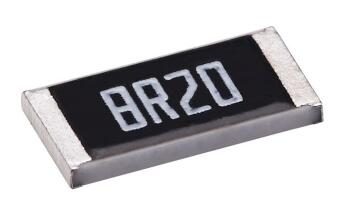 Moisture Resistant Resistors
Moisture Resistant Resistors
-
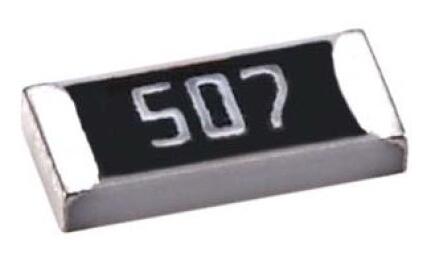 High Value Resistors
High Value Resistors
-
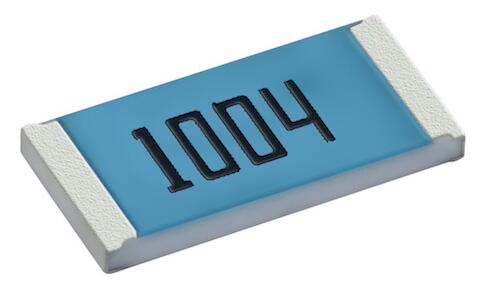 Lead-Free Resistors
Lead-Free Resistors
-
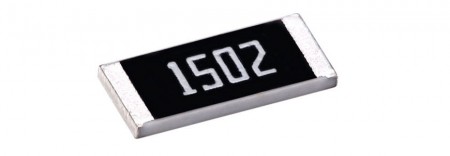 Anti-Sulfur Resistors
Anti-Sulfur Resistors
-
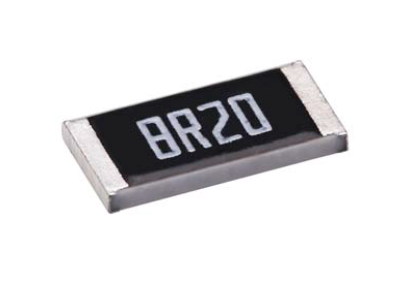 Low TCR Resistors
Low TCR Resistors
-
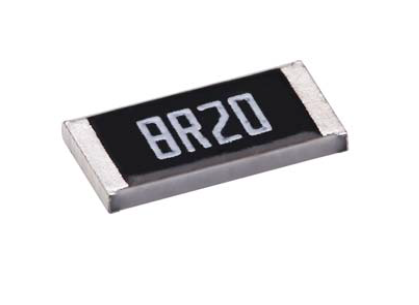 Precision Resistors
Precision Resistors
-
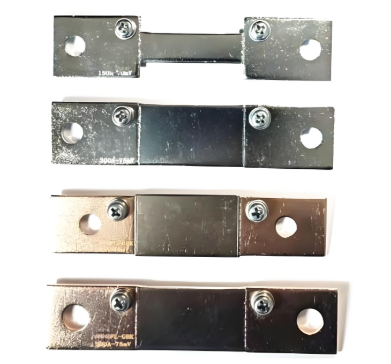 GFL Precision Shunt Resistor
GFL Precision Shunt Resistor
-
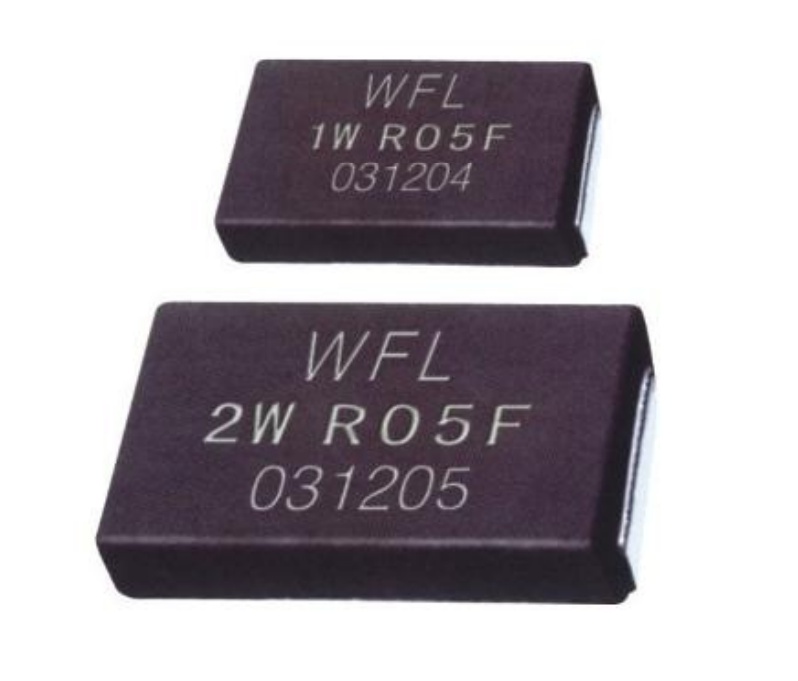 WFL Plastic-Encased Precision Metal Film Strip Chip Shunt
WFL Plastic-Encased Precision Metal Film Strip Chip Shunt
-
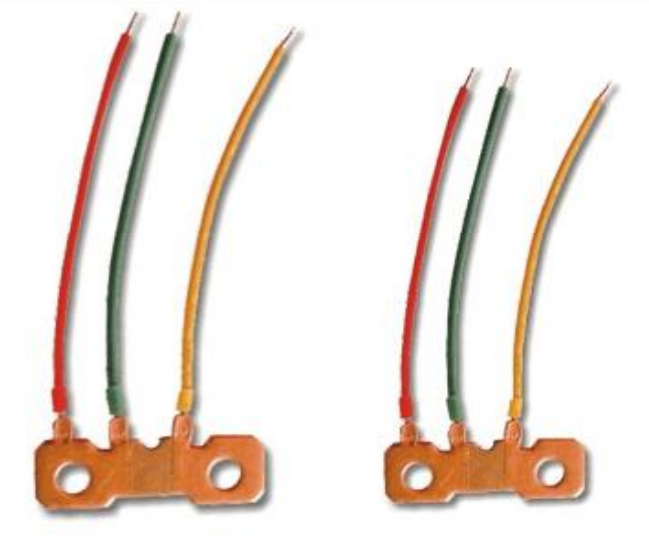 PFL Precision Shunts for KWH-METERS
PFL Precision Shunts for KWH-METERS
-
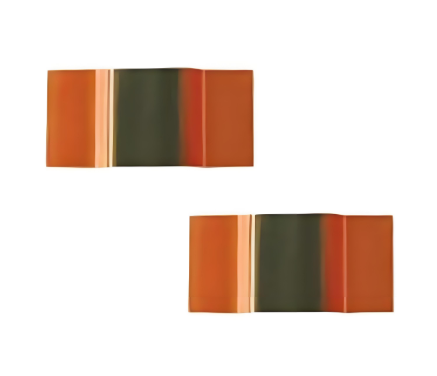 BFL Precision Metal Film Strip Chip Shunts
BFL Precision Metal Film Strip Chip Shunts
-
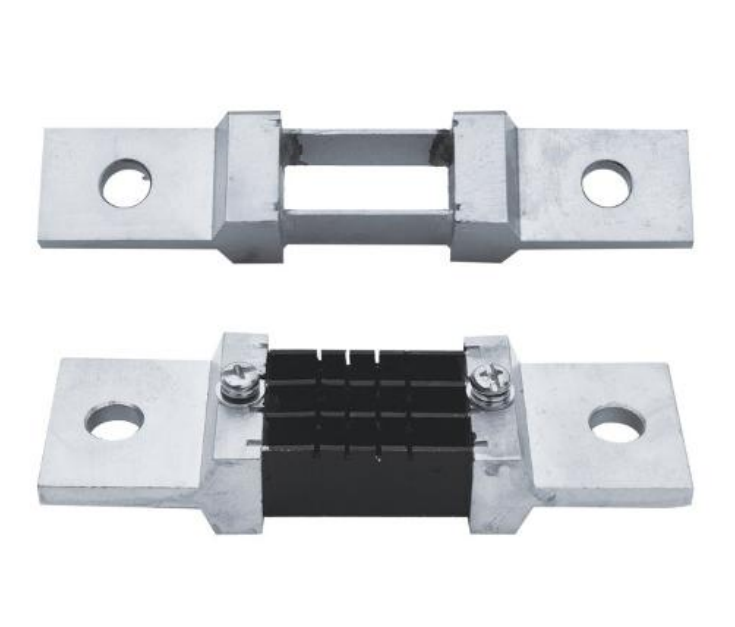 FL-2(T) Precision Shunts
FL-2(T) Precision Shunts
-
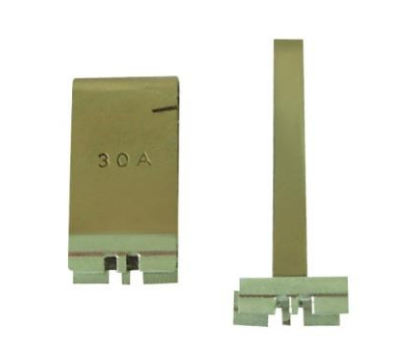 FL-1 Precision Shunts
FL-1 Precision Shunts
-
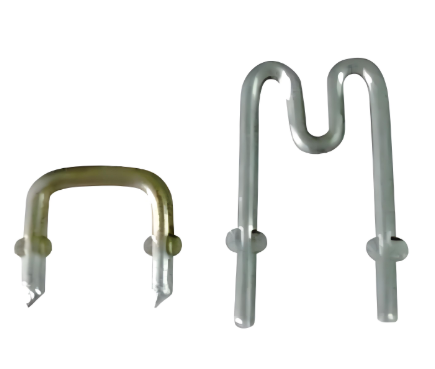 FLQ53 Jumper Precision Shunts
FLQ53 Jumper Precision Shunts
-
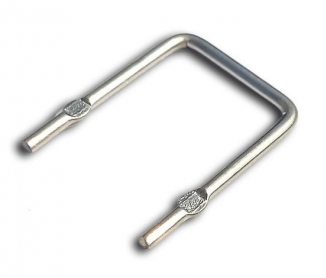 RNA/RNB Precision Shunts
RNA/RNB Precision Shunts
-
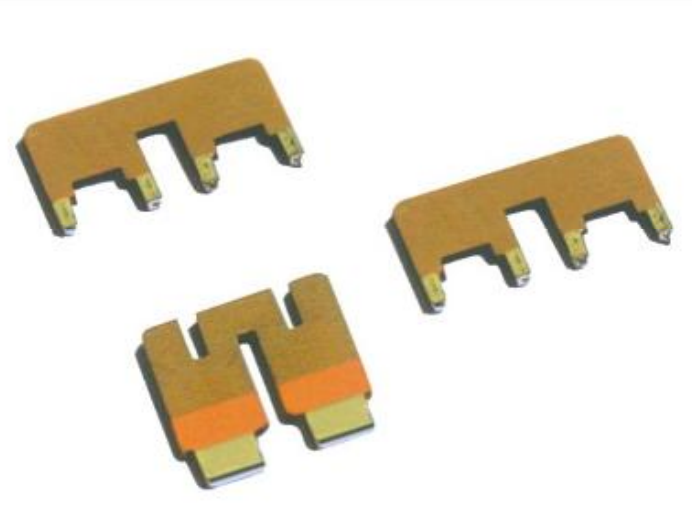 CFL (M) Precision Shunts
CFL (M) Precision Shunts
-
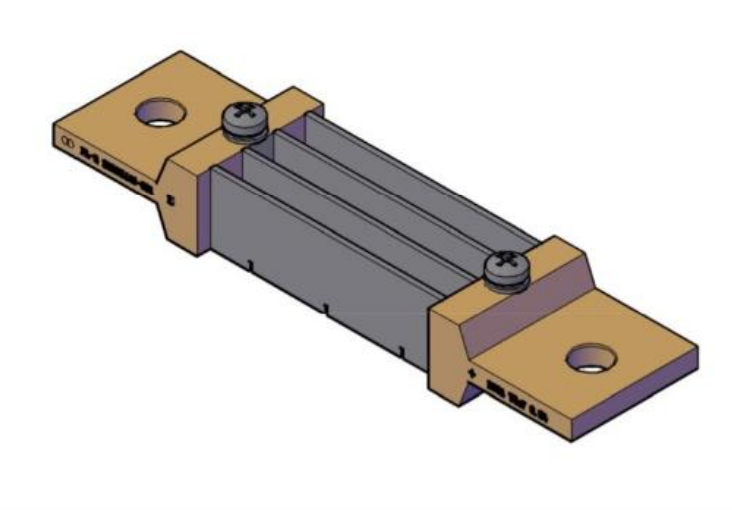 FL-2-K Precision Shunt
FL-2-K Precision Shunt
-
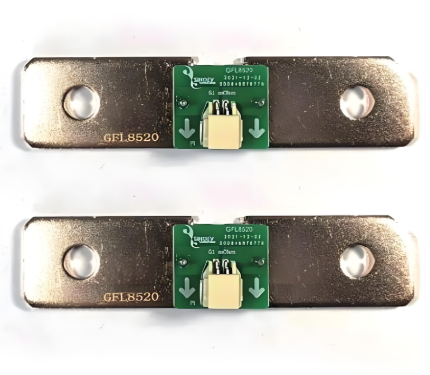 GFLEV8520 Precision Shunt
GFLEV8520 Precision Shunt
-
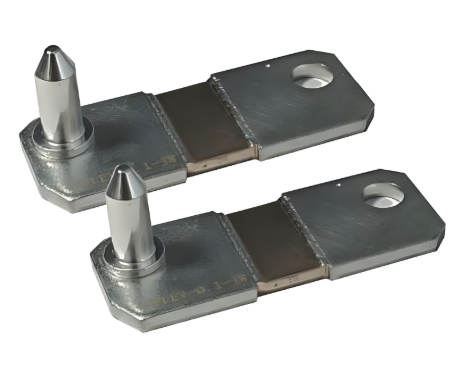 GFLEV Precision Shunt
GFLEV Precision Shunt
-
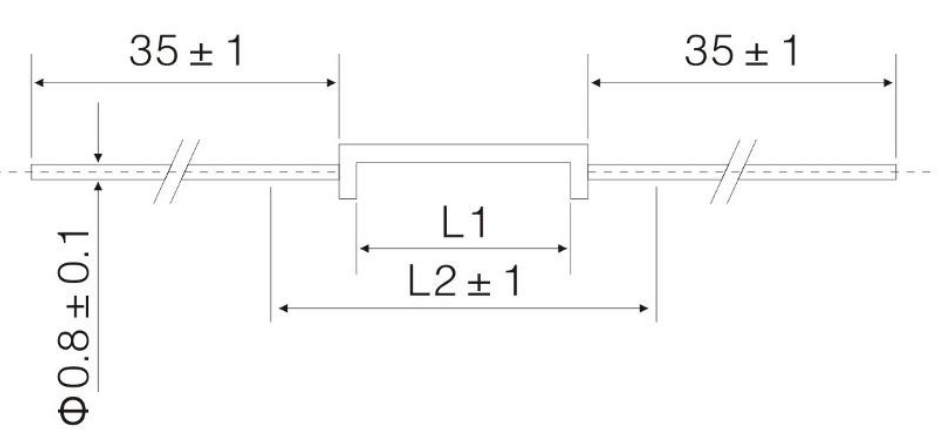 RN1A Precision Shunt
RN1A Precision Shunt
-
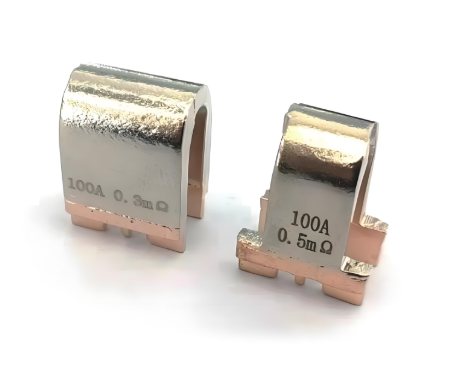 UFL Precision Shunt
UFL Precision Shunt
-
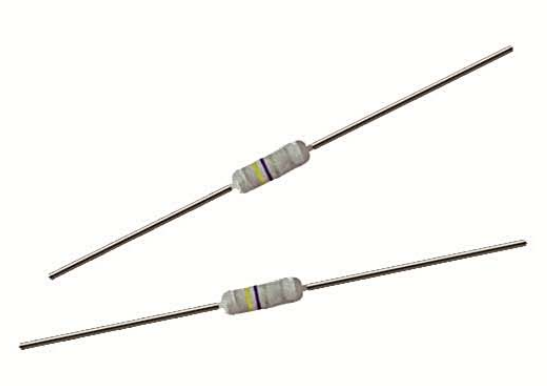 RXF21A/B/C (FRT) wire - wound fusing resistors
RXF21A/B/C (FRT) wire - wound fusing resistors
-
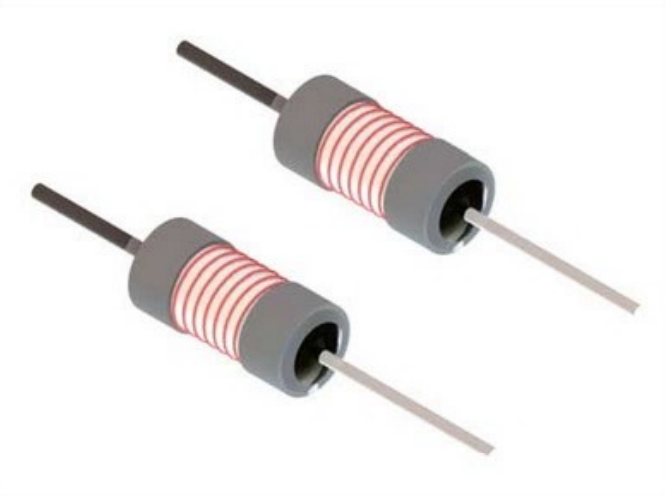 RFX21-T low-power full-short-circuit resistors
RFX21-T low-power full-short-circuit resistors
-
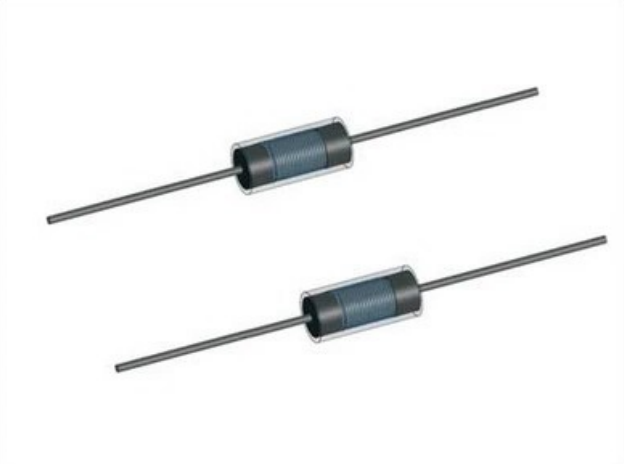 RFX21-D semi-short-circuit surge-resistant wirewound resistors
RFX21-D semi-short-circuit surge-resistant wirewound resistors
-
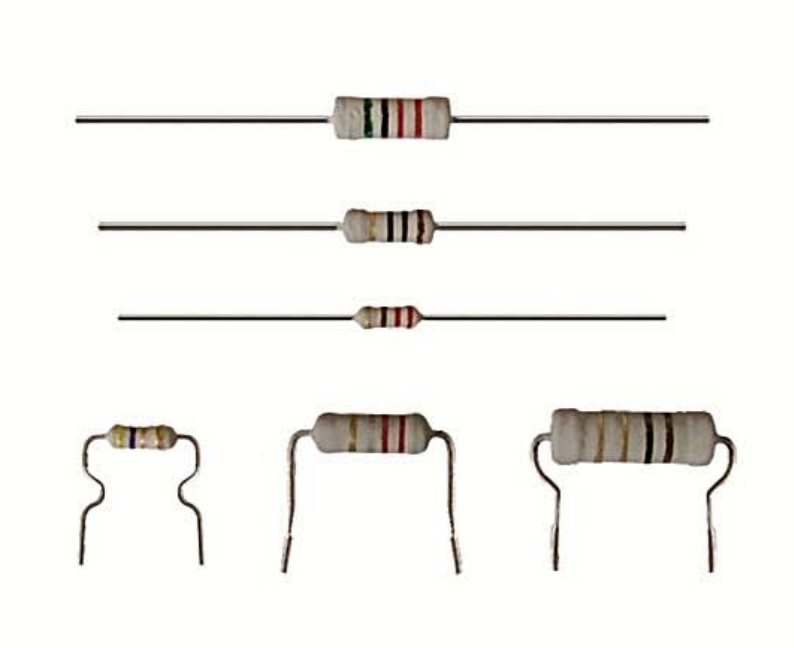 RF10 painted thin-film fuse resistors
RF10 painted thin-film fuse resistors
-
Precision Current Sensing Resistors: Enabling Accurate Current Measurement

Table of ContentsIntroductionKey Parameters and Performance MetricsApplications in Modern ElectronicsChallenges in High-Current ScenariosInnovative Solutions and Future TrendsIntroductionPrecision cur...
-
High Current Shunt Resistors for Accurate Current Measurement in EVs, Batteries, and Power Supplies – Selection Guide & Buying Tips
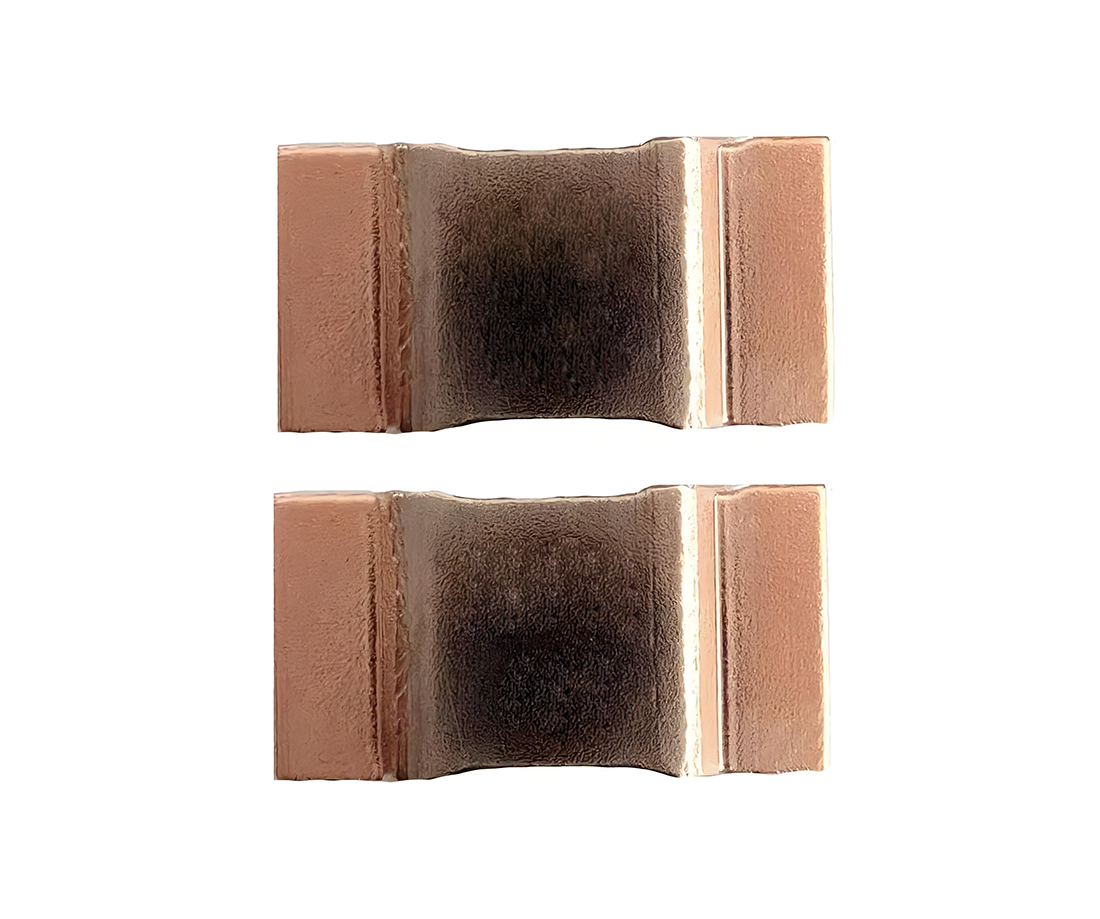
Title: High Current Shunt Resistors for Accurate Current Measurement in EVs, Batteries, and Power Supplies – Selection Guide & Buying TipsIntroductionHigh current shunt resistors are the unsung ...
-
Precision Shunt Resistors: Key Components for Accurate Current Sensing
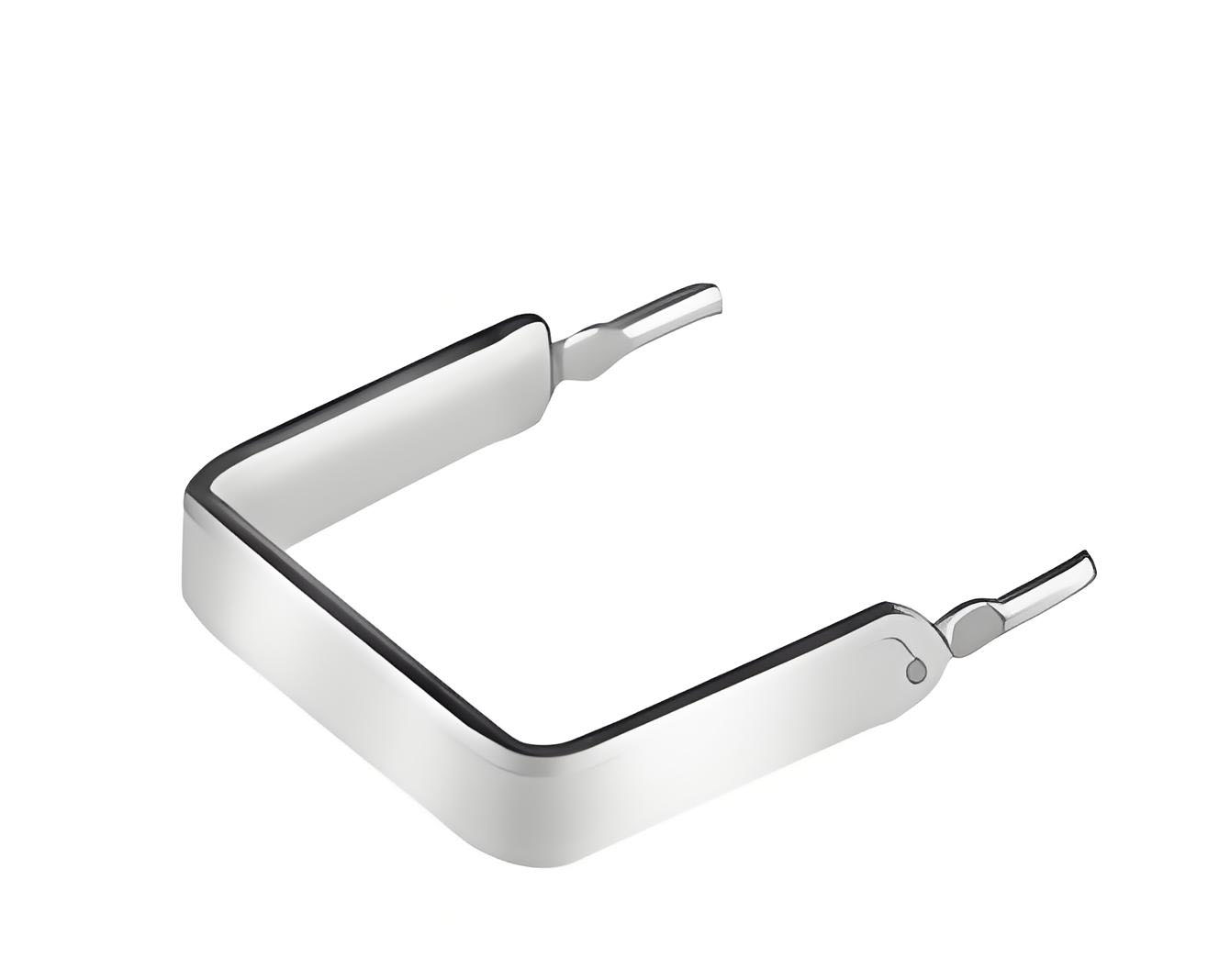
IntroductionIn the realm of electrical engineering and electronics, accurate current sensing is a cornerstone for numerous applications, ranging from power management in sophisticated electronic devic...
-
How Alloy Resistors Enable Accurate Current Sensing in Power Electronics
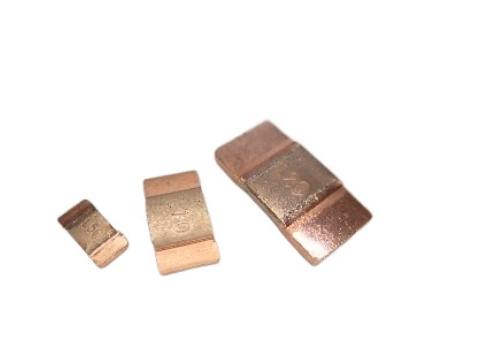
<!-- Introduction -->Precision Current Measurement: The Critical Role of Alloy ResistorsIn power electronics systems, accurate current sensing directly impacts efficiency, safety, and performance. All...
-
Unlocking the Potential of Milliohm Resistors: Precision Current Sensing and Power Conversion in Modern Telecommunications Infrastructure
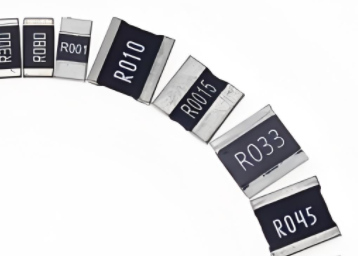
IntroductionIn the rapidly evolving landscape of telecommunications, the need for efficient and reliable power management and signal processing has never been more critical. One often overlooked yet c...
-
Metal Alloy Resistor: High-Precision, Low-TCR Current Sensing Solutions for Harsh Environments
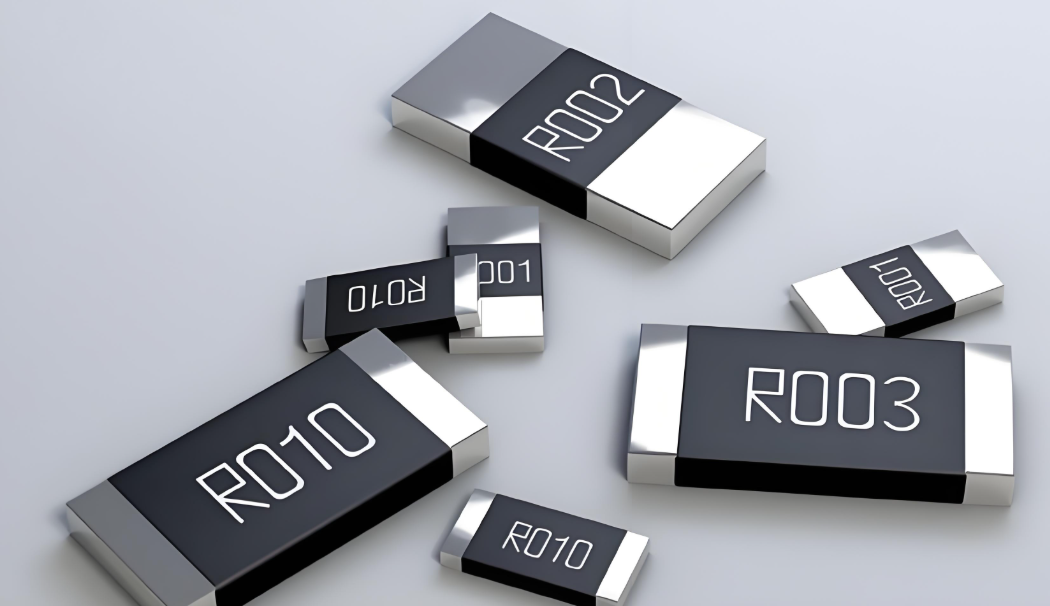
IntroductionMetal alloy resistors are critical components in modern electronic circuits, offering high precision and stability. These resistors are designed to provide accurate current sensing in a va...
-
Low Inductance Shunt Resistor: Applications, Benefits, and Technical Specifications for High-Precision Current Sensing
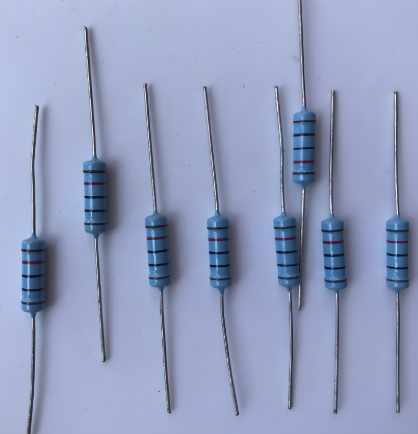
IntroductionIn the realm of electrical engineering and electronics, precise current measurement is crucial for a wide range of applications, from power systems to sensitive electronic circuits. The lo...
-
Exploring Alloy Shunt Chip Resistors Type J: High-Precision Solutions for Current Sensing Applications
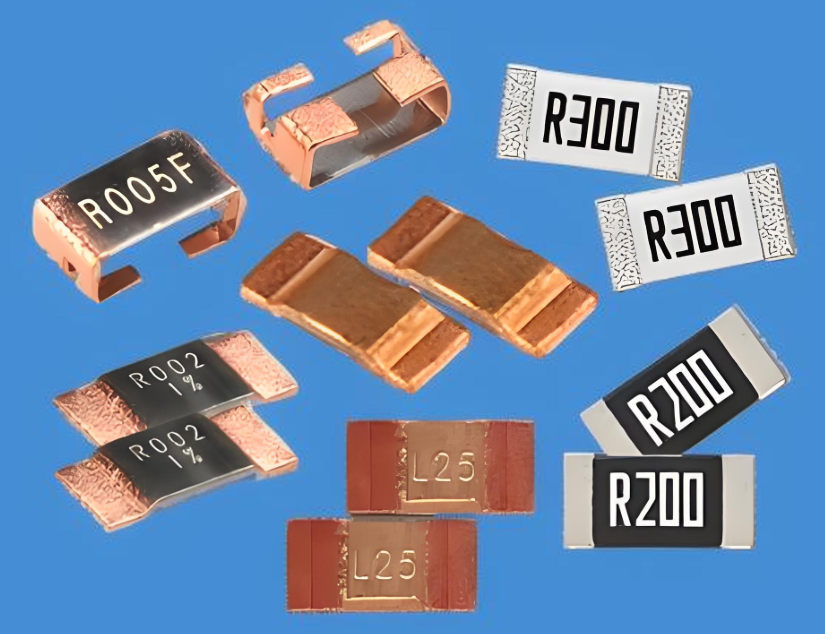
<!-- Introduction -->IntroductionIn today's high-performance electronics, precision current sensing is critical across a wide range of industries—from power management systems to automotive cont...
-
Top 10 Benefits of Using Power Shunt Resistors in Surface Mount Applications for Efficient Current Sensing and Precision Control in Electronics

Benefits of Power Shunt Resistors1. High Precision Current MeasurementPower shunt resistors are known for their exceptional precision in current measurement. With low resistance values and tight toler...
-
How to Choose a Milliohm Resistor for High-Accuracy Current Sensing
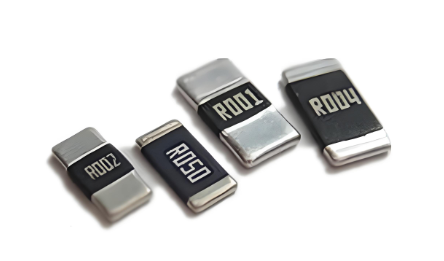
How to Choose a Milliohm Resistor for High-Accuracy Current SensingIn precision current sensing applications - from battery management systems (BMS) to motor control - milliohm shunt resistors play a ...
-
Low Resistance Shunt Resistors: High-Precision Current Monitoring for Industrial Applications
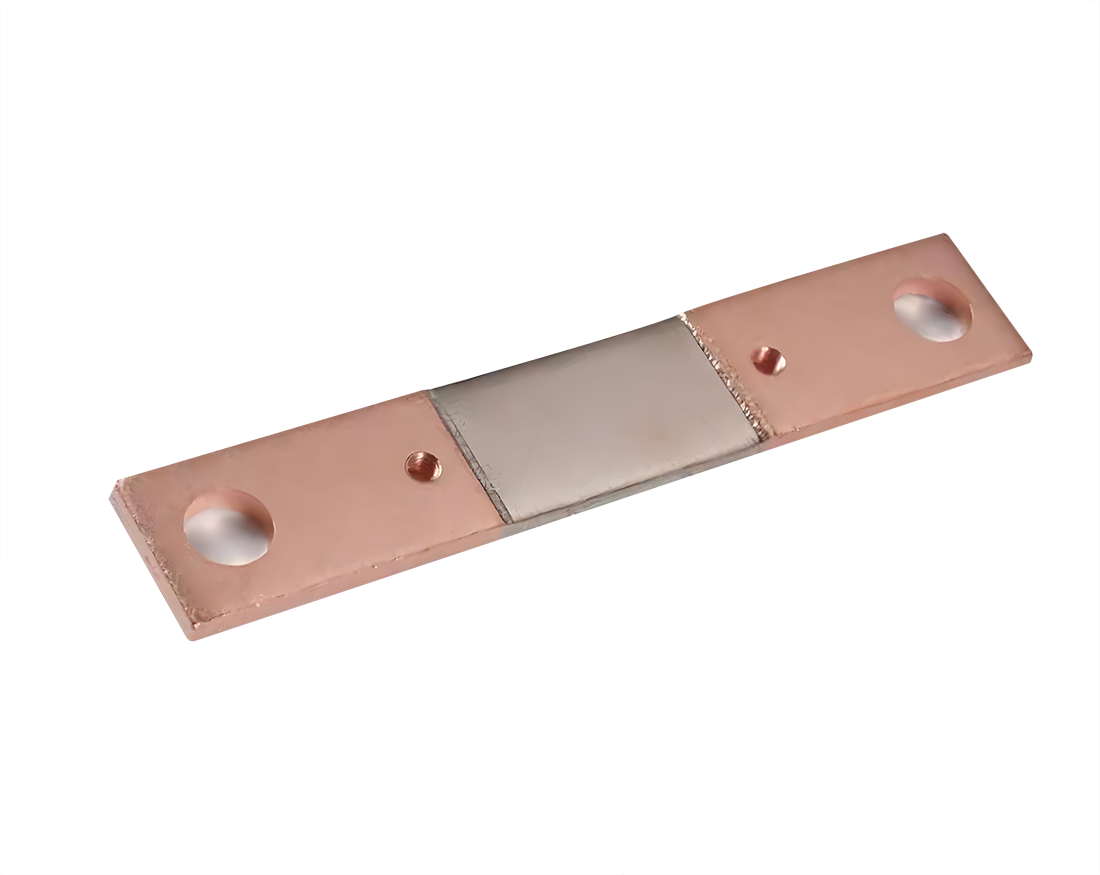
Title: Low Resistance Shunt Resistors: High-Precision Current Monitoring for Industrial ApplicationsIntroductionLow resistance shunt resistors are fundamental components for high-precision current mon...
-
Power Shunt Resistors vs. Current Sensors: Which is Best for Your Application
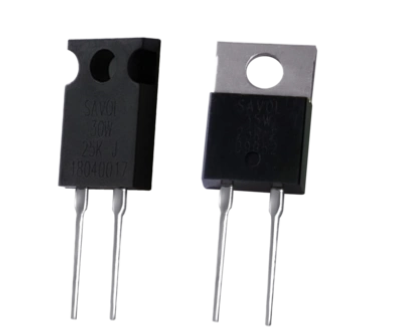
IntroductionWhen designing electronic systems that require current measurement, engineers often face a critical choice: power shunt resistors or current sensors Each solution has distinct advantages d...
-
600W Wirewound Power Resistor: High - Current Handling and Thermal Stability for Industrial Applications
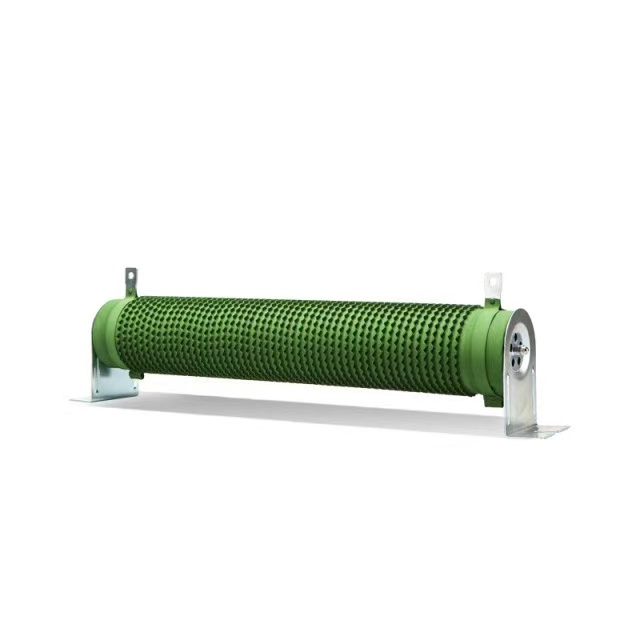
600W Wirewound Power Resistor: High - Current Handling and Thermal Stability for Industrial ApplicationsIn high - power industrial systems, the 600W wirewound power resistor is a cornerstone component...
-
High Current Low TCR Thick Film Resistor for International Market - Long-term Stability
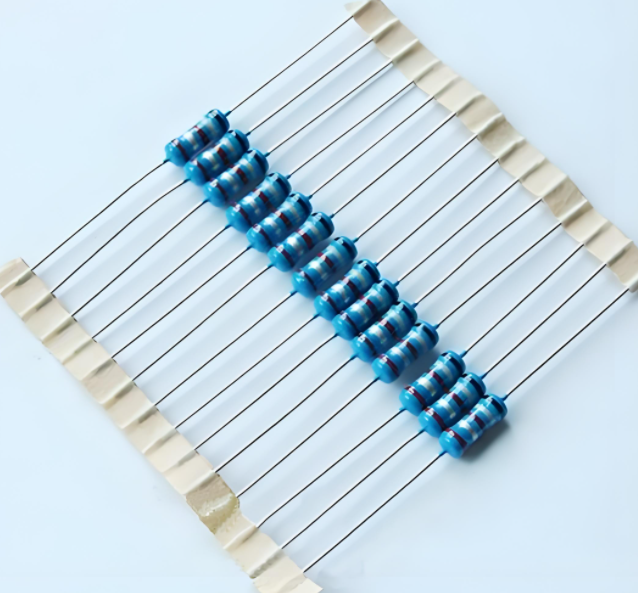
High Current Low TCR Thick Film Resistor for International Market - Long-term StabilityIn the global electronics market, high current low TCR thick film resistors have become increasingly important fo...
-
Carbon Disc Resistor Current Rating: 1A-5A Charts, Power Supply/Audio Use & Overload Fixes
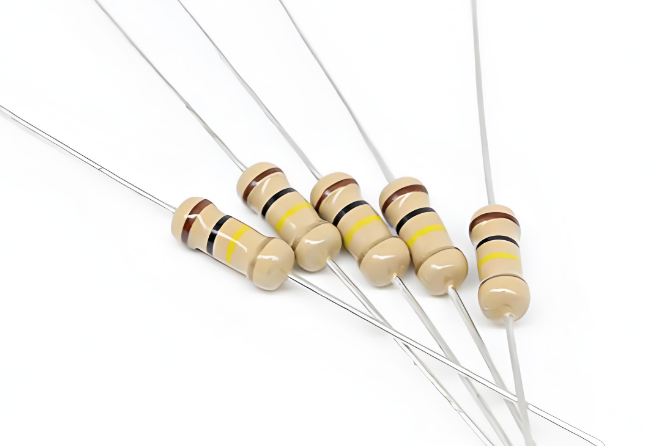
Carbon disc resistors are widely used in low-to-moderate power circuits, but their current rating—how much current they can safely carry without overheating—is a critical parameter often overlooke...
-
High Precision Alloy Resistors: Ensuring Long-Term Stability in Precision Circuits

IntroductionIn precision electronics, maintaining circuit stability over time is critical for reliable performance. High precision alloy resistors play a pivotal role in achieving this long-term stabi...
-
High precision resistor applications
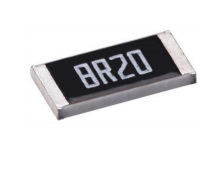
<!-- Introduction -->High Precision Resistor Applications: A 2024 Technical GuideHigh precision resistors are critical components in electronics where stability, accuracy, and low temperature coeffici...
-
Precision Resistors: The Unsung Heroes in Medical Devices
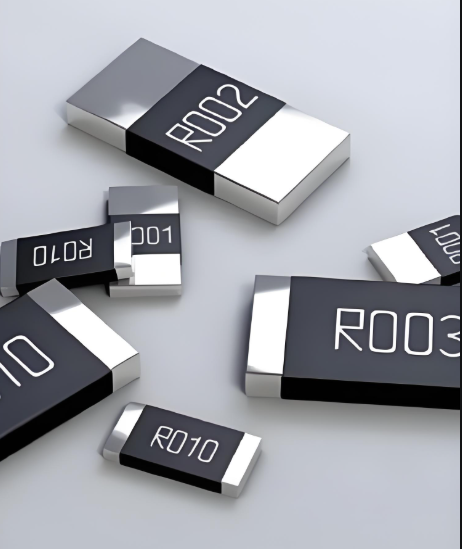
Precision Resistors: The Unsung Heroes in Medical DevicesIn the world of medical technology, precision is not just a luxury—it's a necessity. Medical devices, from diagnostic equipment to life-s...
-
High-Precision Alloy Resistors for Battery Management Systems
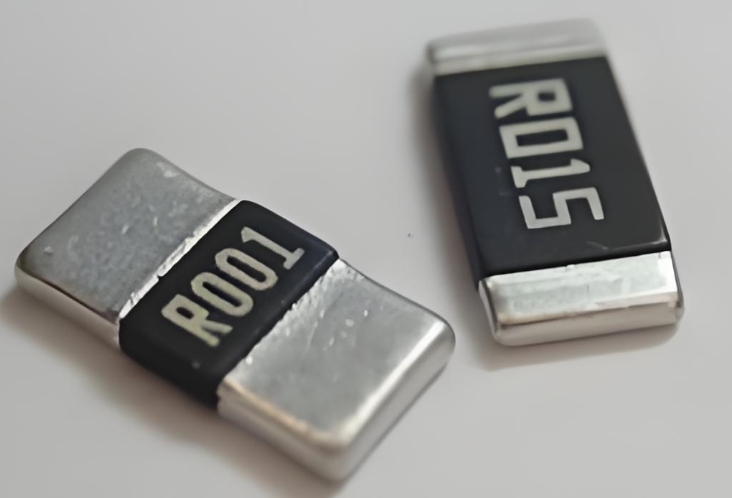
<!-- Introduction -->Introduction: The Critical Role of Alloy Resistors in Battery ManagementAlloy resistors are indispensable components in modern battery management systems (BMS), ensuring accurate ...
-
How Anti - surge Precision Resistors Can Stabilize Your Electronic Circuits
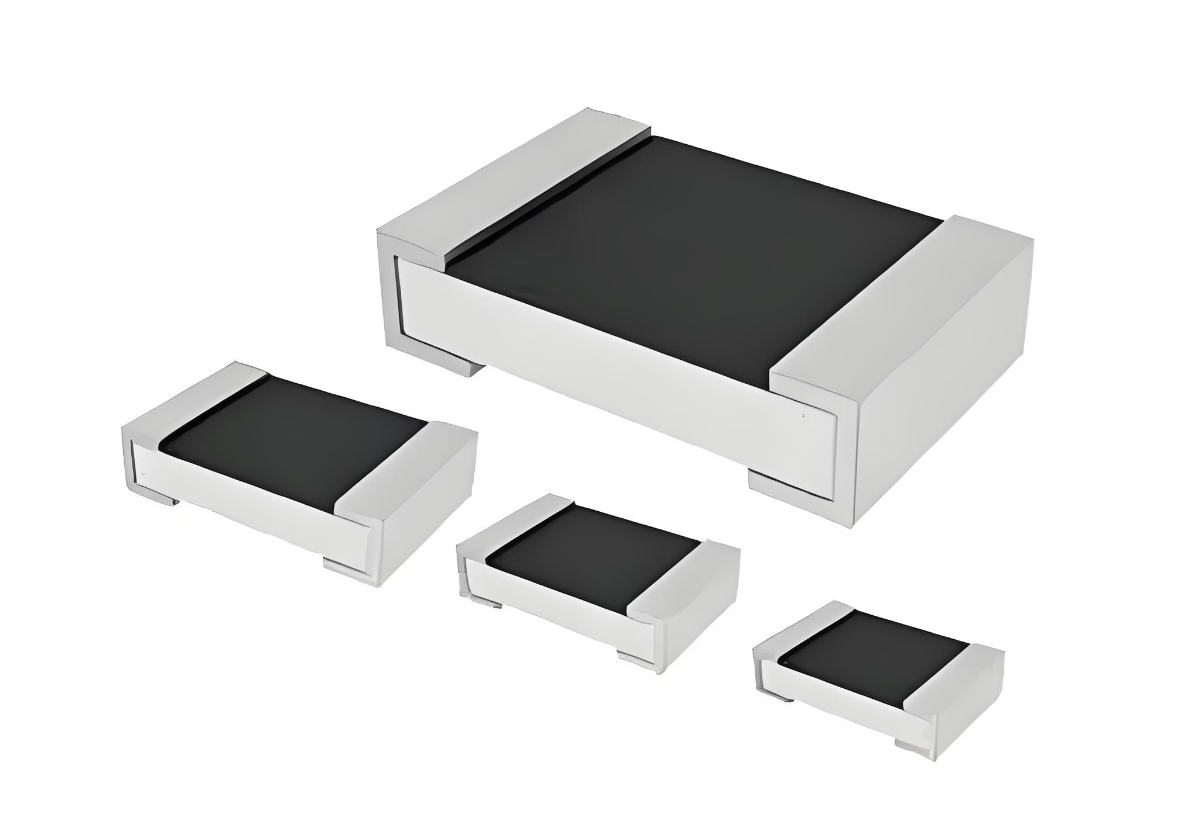
IntroductionIn today's complex electronic landscape, circuits are constantly exposed to voltage surges that can disrupt normal operations and damage sensitive components. Anti-surge precision resi...
-
Precision Resistors in Medical Devices: Ensuring Accuracy and Reliability for Critical Applications
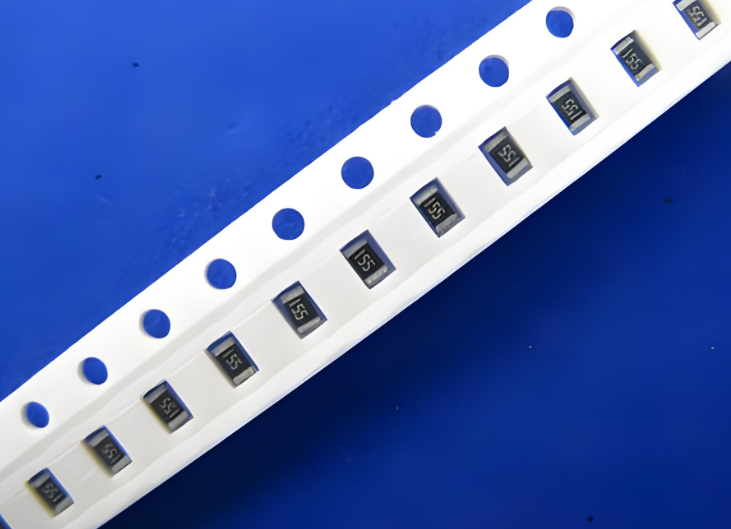
IntroductionIn the realm of medical devices, precision is not just a preference—it's a necessity. Precision resistors play a crucial role in ensuring the accuracy and reliability of medical equi...
-
Precision Resistors Stability: How Temperature Coefficient and Environmental Factors Impact Circuit Performance and Longevity”

IntroductionPrecision resistors are essential components in a wide range of electronic circuits, from precision measurement devices to high-performance signal processing systems. The stability of thes...
-
Precision Resistors: The Unsung Heroes in Medical Devices

Precision Resistors: The Unsung Heroes in Medical DevicesIn the world of medical technology, precision is not just a luxury—it's a necessity. Medical devices, from diagnostic equipment to life-s...
-
How Anti - surge Precision Resistors Can Stabilize Your Electronic Circuits

IntroductionIn today's complex electronic landscape, circuits are constantly exposed to voltage surges that can disrupt normal operations and damage sensitive components. Anti-surge precision resi...
-
Through-Hole Precision Resistors: Key Components for Reliable Circuit Design
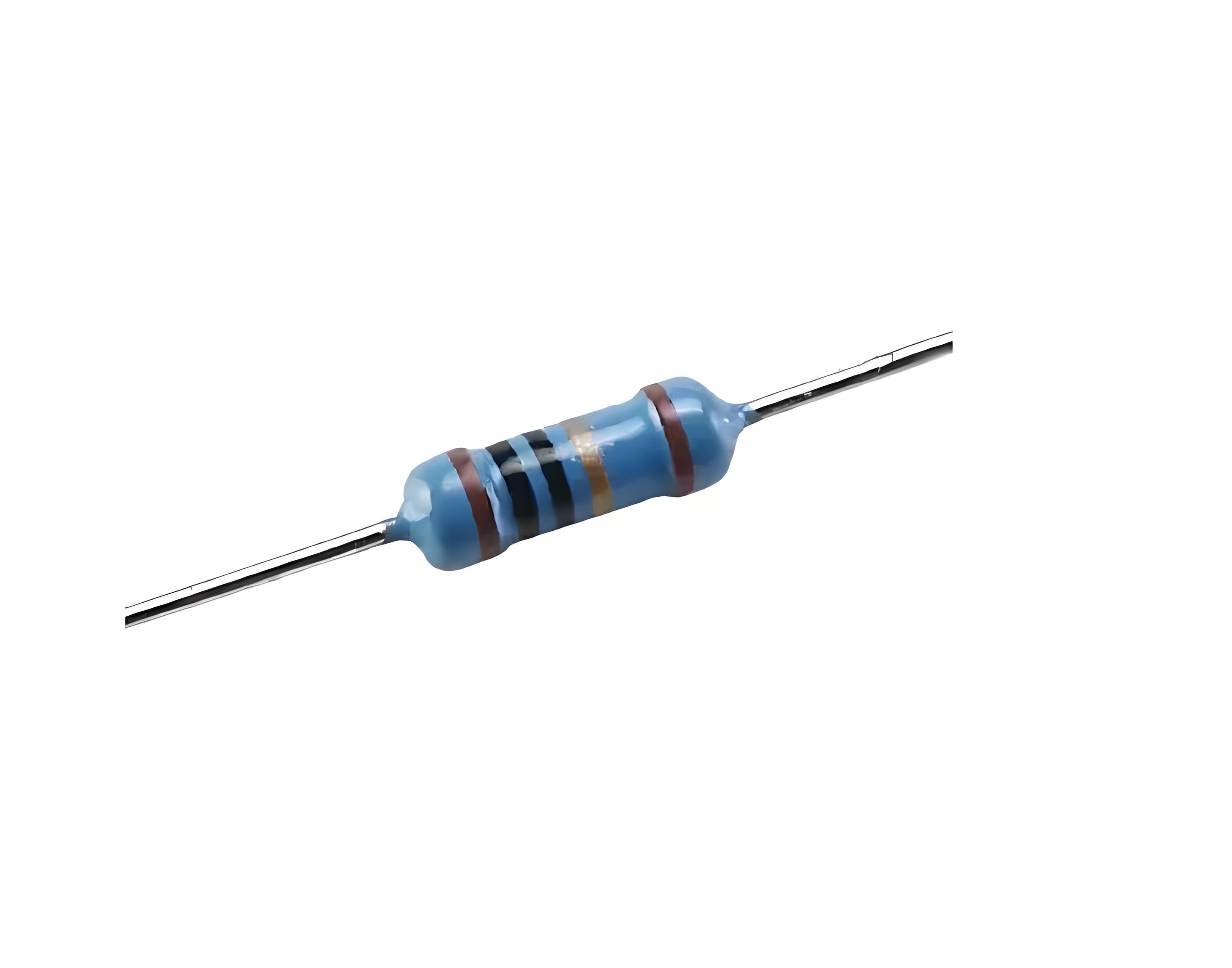
IntroductionIn the intricate world of electronics, the reliability of a circuit design is paramount. Among the myriad components that contribute to this reliability, through-hole precision resistors s...
-
Top 10 Factors to Consider When Choosing Surface Mount Precision Resistors for Optimal Performance and Reliability
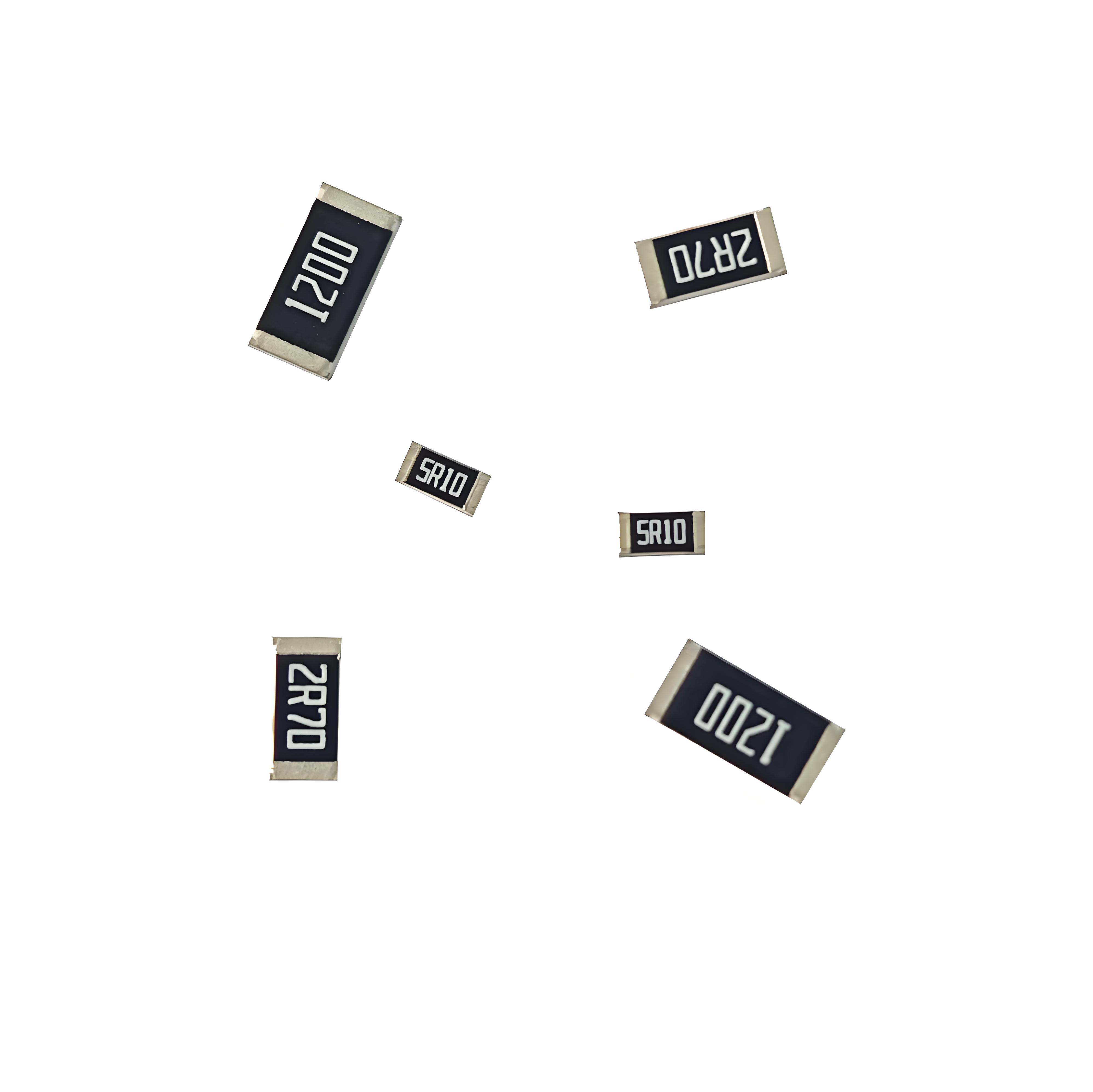
IntroductionIn the world of electronics, the precision and reliability of components are crucial for the performance of any device or system. Surface mount precision resistors are no exception. They a...
-
Precision Shunt Resistors: Key Components for Accurate Current Sensing

IntroductionIn the realm of electrical engineering and electronics, accurate current sensing is a cornerstone for numerous applications, ranging from power management in sophisticated electronic devic...
-
Thick Film Precision Chip Resistors: High - Performance Components for Reliable Electronics Manufacturing
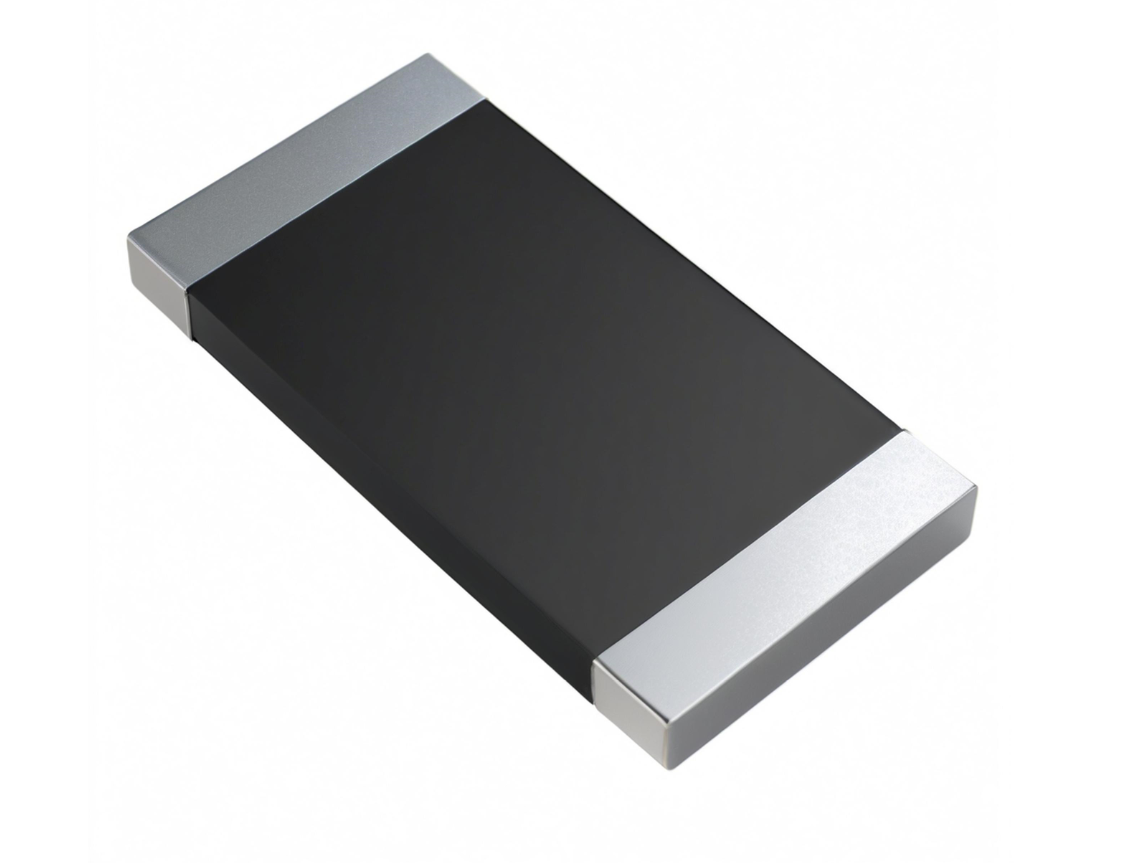
Thick Film Precision Chip Resistors: High - Performance Components for Reliable Electronics ManufacturingIn the rapidly evolving landscape of electronics manufacturing, the need for high - performance...
-
Thin Film Precision Resistors: Benefits and Applications for High - Accuracy Electronics

Thin Film Precision Resistors: Benefits and Applications for High - Accuracy ElectronicsThin film precision resistors have become indispensable in high - accuracy electronic applications. This article...
-
Bulk Metal Foil Resistors: Precision and Performance for High - Accuracy Applications
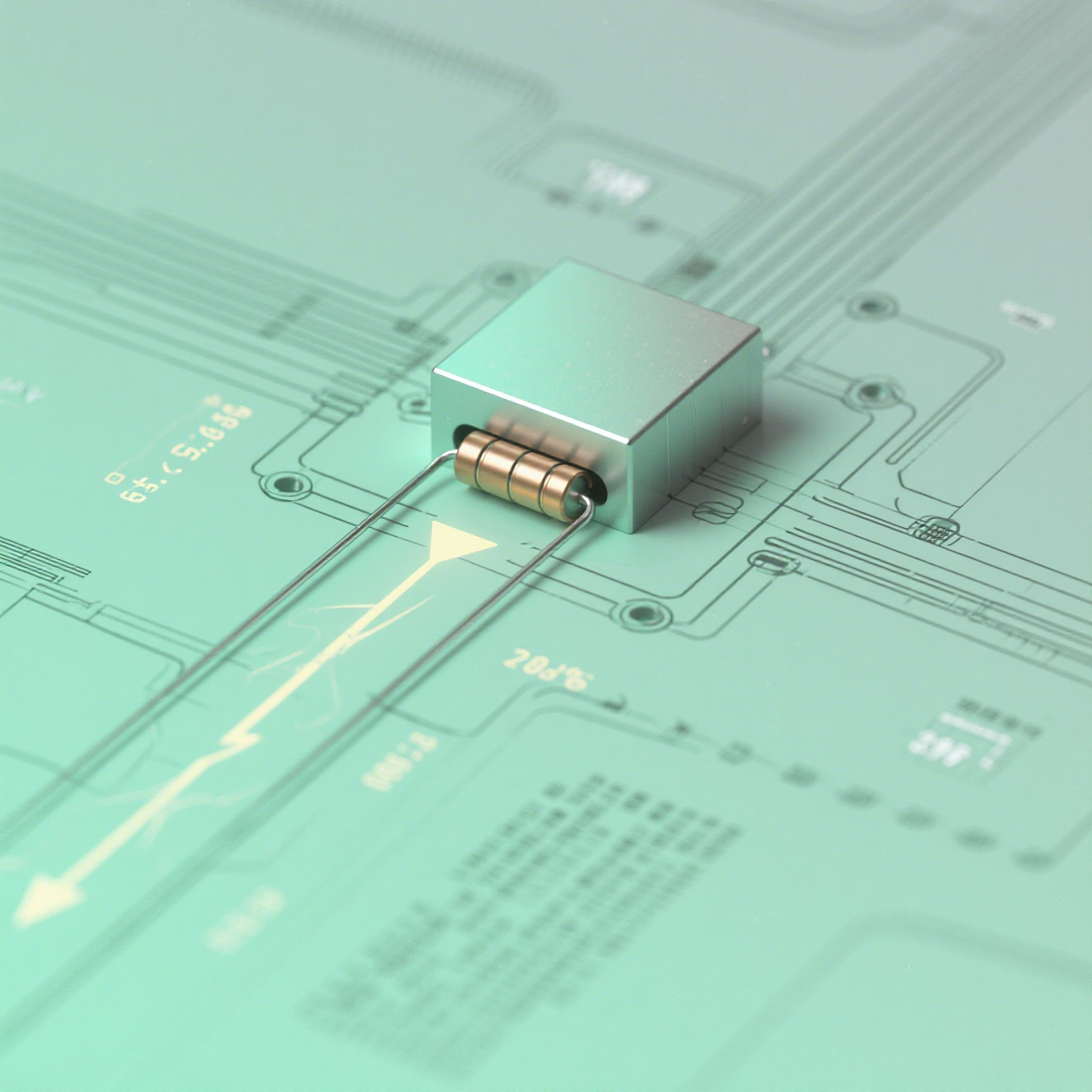
Bulk Metal Foil Resistors: Precision and Performance for High - Accuracy ApplicationsIn the world of precision electronics, Bulk Metal Foil resistors have emerged as a gold standard for applications d...
-
High precision resistor applications

<!-- Introduction -->High Precision Resistor Applications: A 2024 Technical GuideHigh precision resistors are critical components in electronics where stability, accuracy, and low temperature coeffici...
-
Precision Current Sensing Resistors: Enabling Accurate Current Measurement

Table of ContentsIntroductionKey Parameters and Performance MetricsApplications in Modern ElectronicsChallenges in High-Current ScenariosInnovative Solutions and Future TrendsIntroductionPrecision cur...
-
Exploring Precision Resistor Innovations: Advanced Solutions for High-Stability Applications

IntroductionIn today's rapidly evolving electronics landscape, precision resistor innovations are playing a pivotal role in ensuring performance reliability across high-stability applications. As ...
Resistor Supplies - Jepsun Tech Corporation
JEPSUN INDUSTRIAL is committed to always being one of our customers' favorite suppliers.
+86755-29796190 +8615920026751 [email protected]
Huangjiazhongxin building Donghuan Road Longhua District SHENZHEN City, GUANGDONG Prov. CHINA 518000
